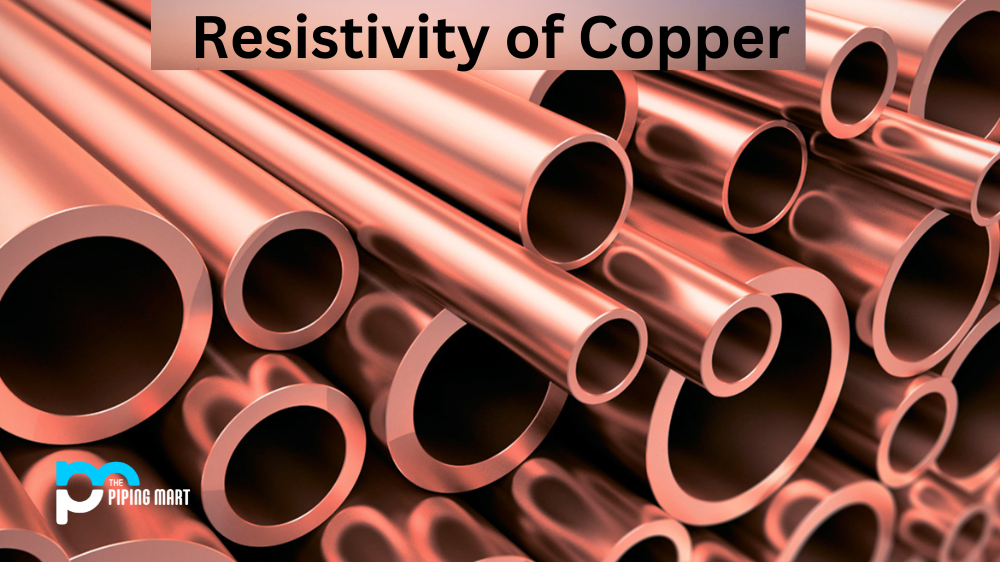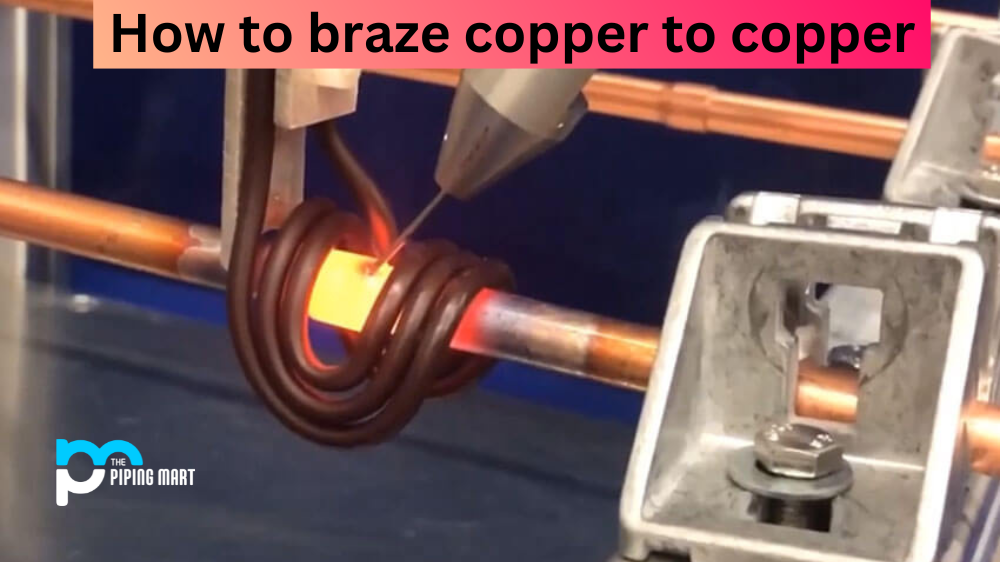Copper is an important metal in electrical engineering, and one of its most useful properties is its resistivity. Resistivity refers to how well a material resists the flow of electrical current and is measured in Ohms/meter (Ω/m). Understanding the resistivity of copper has many applications in electrical engineering, from improving battery performance to creating more efficient wires and cables. Let’s take a look at what makes copper such a great conductor and why it’s so important for engineers.
What Factors Affect Copper Resistivity?
The resistivity of copper can be affected by many different factors, including temperature, pressure, composition, and stress. The temperature has perhaps the greatest effect on resistivity; as temperature increases, so does resistivity. This is because heat causes atoms to vibrate more quickly, which increases their resistance to the flow of current. Pressure also affects resistivity; higher pressures tend to increase it while lower pressures decrease it. The composition of copper is also significant; if other elements are added (which is often done to improve mechanical properties), this can affect its electrical conductivity. Finally, certain types of stress can reduce or increase resistivity as well.
Why Is Copper Used So Much?
Copper’s high electrical conductivity makes it ideal for use in both power transmission lines and electronic equipment such as computers and cell phones. It also has a high thermal conductivity which makes it good for cooling applications like heat sinks or cooling fans. Additionally, its corrosion resistance means that it can be used outdoors without suffering any major damage from exposure to moisture or other environmental conditions. And lastly, its relatively low cost compared to other metals makes it attractive for industries where cost savings are important considerations.
Conclusion
As you can see, understanding the resistivity of copper is essential for engineers who want to create efficient and cost-effective solutions for their projects. From power transmission lines to electronics equipment, copper offers many advantages thanks to its unique combination of high electrical conductivity, high thermal conductivity, corrosion resistance, and low cost. With all these benefits combined into one metal, copper will continue to be a popular choice among engineers for years to come!

Pipingmart is a B2B portal that specializes in metal, industrial and piping items. Additionally, we share the latest information and information about materials, products and various types of grades to assist businesses that are involved in this business.




